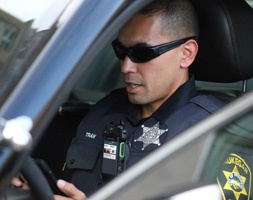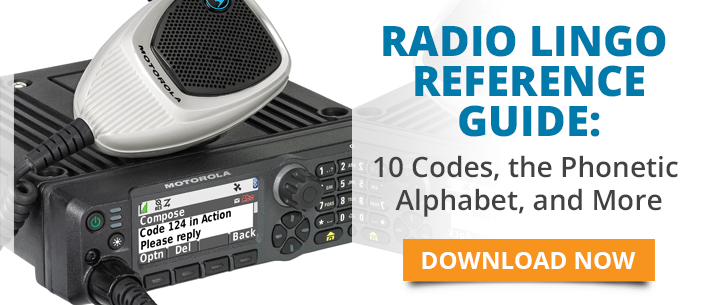Technological advances have made it easier than ever for officers to keep in touch over police frequencies – and for the public to listen in. 
From inexpensive frequency scanners to free smartphone apps, the opportunities are seemingly endless for people to monitor police radio and public safety traffic. While most of the interest is harmless, there are examples of the technology ending up in the wrong hands.
Here are just a few of the ways that listening to police frequencies has never been easier.
Frequency Scanners
Frequency scanners are among the oldest and most common of the methods for listening in on public safety conversations. While a few jurisdictions have banned people from having the receivers in vehicles, they’re generally legal; it's important to ask the right questions when buying a frequency scanner.
And users range from everyone from two-way radio hobbyists to retired and former officers wanting to keep up on the latest news from their old departments.
Transmitters
Some devices have taken listening a troubling step further by allowing transmitting as well. While it’s legal for non law enforcement personnel to have such a transmitter, it’s not legal for them to use them to transmit.
That hasn’t kept some individuals from disrupting disaster response and crisis response activities, and your local amateur radio club can be a great resource in helping you track the disruptors down.
Mobile Apps
There are a number of free and paid smartphone apps available for iPhone, iPad and Android that operate much like scanners. Depending on what city you’re in, there may even be location-specific apps for individual districts within your department.
Streaming Services
Broadcastify touts itself as the radio industry’s largest platform for streaming real-time audio for public safety, aircraft, rail, and marine-related communications. The site, which also has mobile apps, is a spin-off of RadioReference.com’s live platform.
Keeping Pace with Innovation
Given the constant changes in technology and the accessibility of tools, it’s more important than ever for public safety wireless communications to stay a step ahead with updated emergency communications equipment.
Not to mention being prepared for NG911 and the emergency response system of the future.
And even if agencies can’t keep up themselves, it’s key to be aware of what’s available to the public, from police frequencies and beyond.



